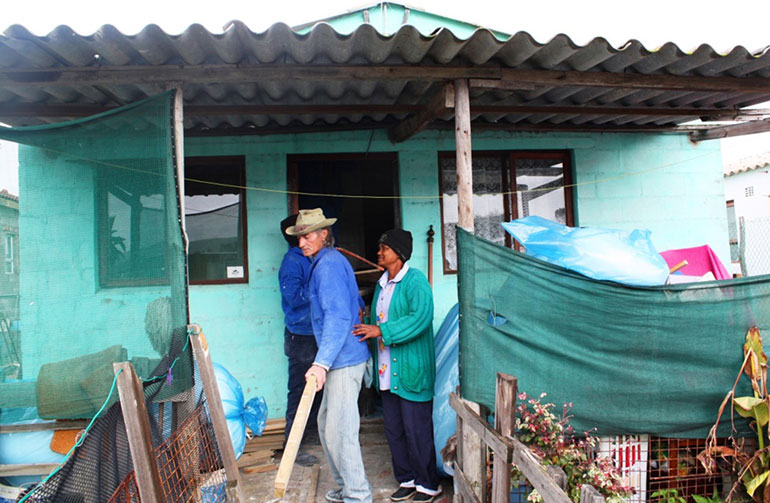
Urban Retrofitting - what's the story behind?
Urban retrofitting is the development or upgrading of technology e.g. for energy distribution and consumption within existing infrastructure. Retrofitting is a common strategy at city and regional levels to meet the emerging objectives of rapid reductions of carbon footprints. In this article, the authors, Mike Hodson and Simon Marvin, describe a change from retrofitting as a primarily “ad-hoc” activity to an effort integrated in a wider strategy for urban and regional development, and ask the questions who is doing this and why. Is retrofitting based on arguments concerning economy, ecology, governance or justice?
Using the Greater Manchester urban region as an example, Hodson and Marvin see two different discussions or reasons for retrofit activities.
- the neo-liberal urban governance model, where retrofitting primarily is seen as a technological and economic measure, connected to market mechanisms and limited citizen participation
- the local community development where retrofitting is part of a larger context that may include cooperative forms of organisation, biodiversity concerns, new uses for old buildings - although often with a dependency on institutional funding
Based on the significant differences, the authors suggest a different logic to emerge which needs to develop more complex relationships and hybrid responses to address some of the deficits in the existing models, including the governance frameworks. The development of intermediaries is required, they write, to build ‘possibilities for more inclusive and co-produced futures’.
Hodson, M. and Marvin, S. The mutual construction of urban retrofit and scale: Governing ON, IN and WITH in Greater Manchester, Environment and Planning C: Government and Policy, 2016. DOI: 10.1177/0263774X15625993
The article was published 20 January 2016 in Environment and Planning C: Government and Policy
The authors: Mike Hodson is a Research Fellow at the University of Manchester, Simon Marvin is Director of the Urban Institute at the University of Sheffield. They have both participated in the development of the Mistra Urban Futures' Local Interaction Platform in Greater Manchester.
Retrofitting is an important measure also in Cape Town, where Mistra Urban Futures Local Interaction Platform follows the development in Mamre where the picture is taken. Photo: Abu Shawka.







